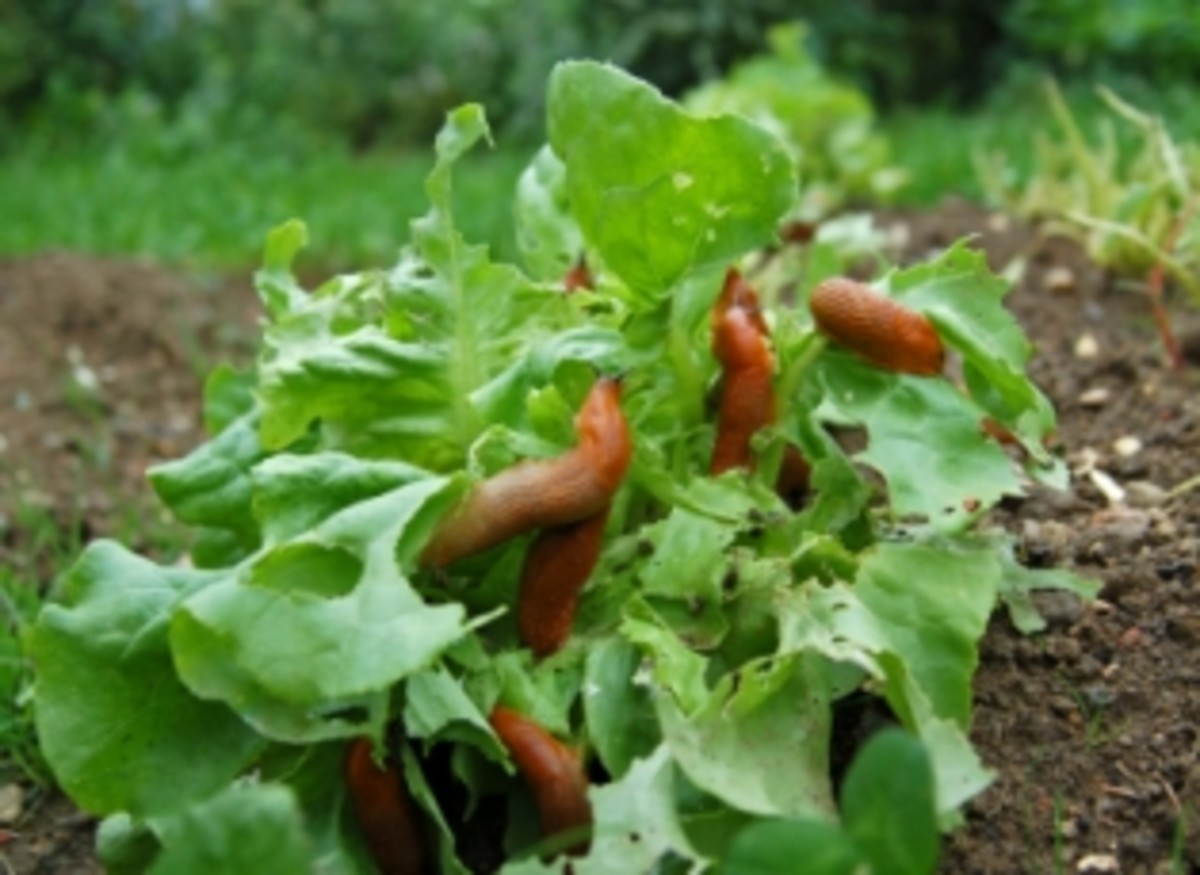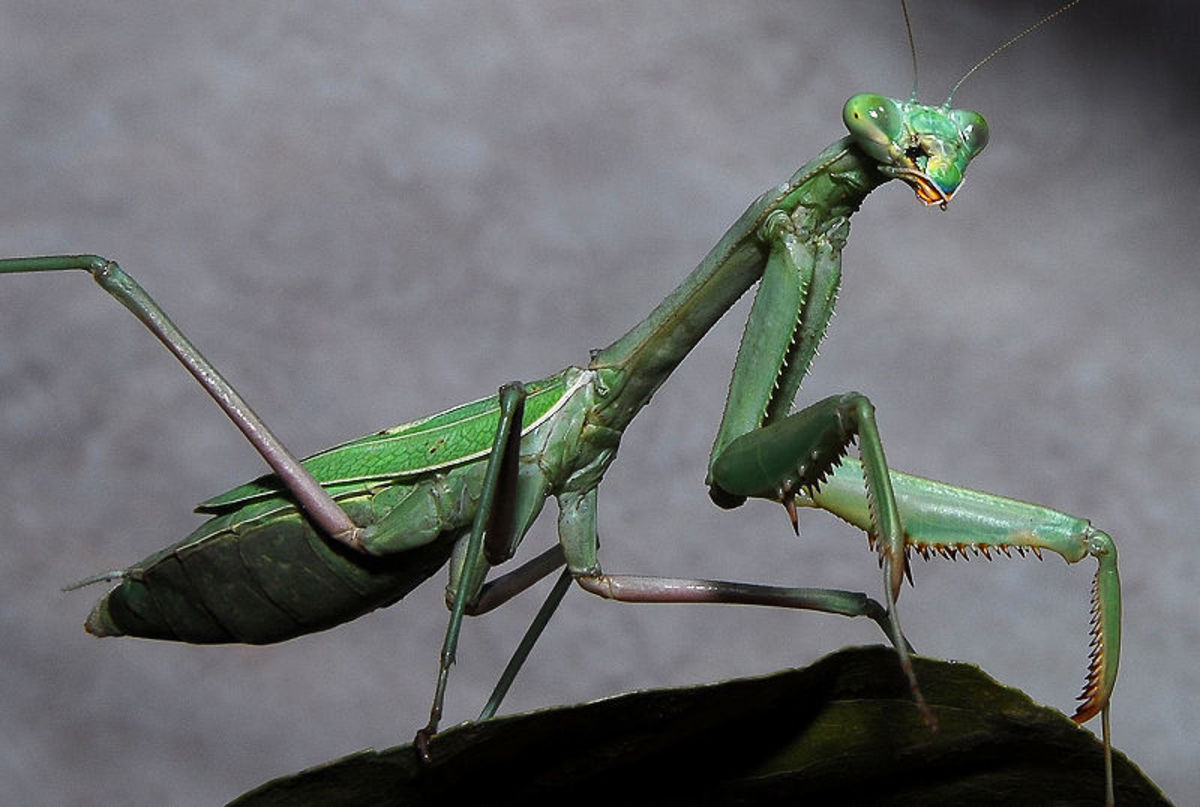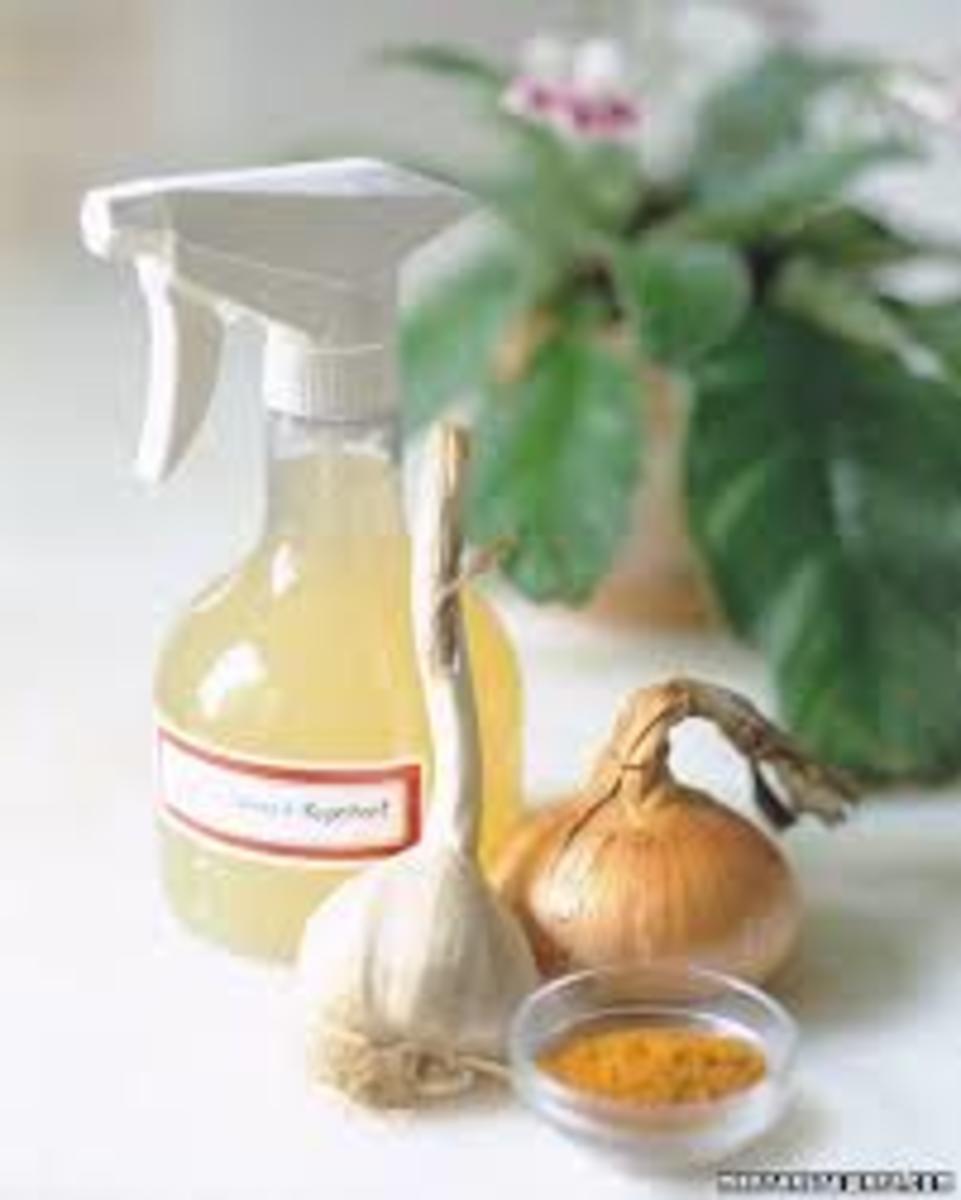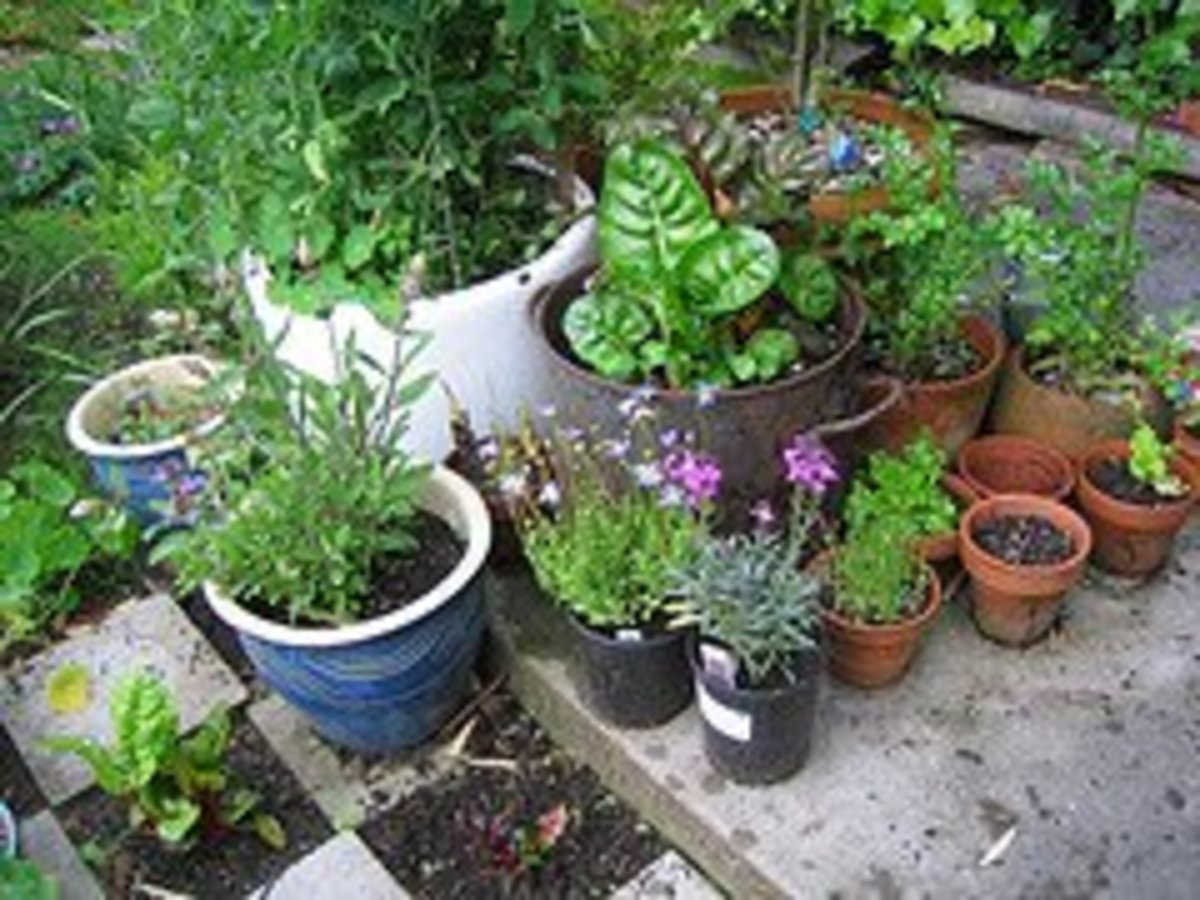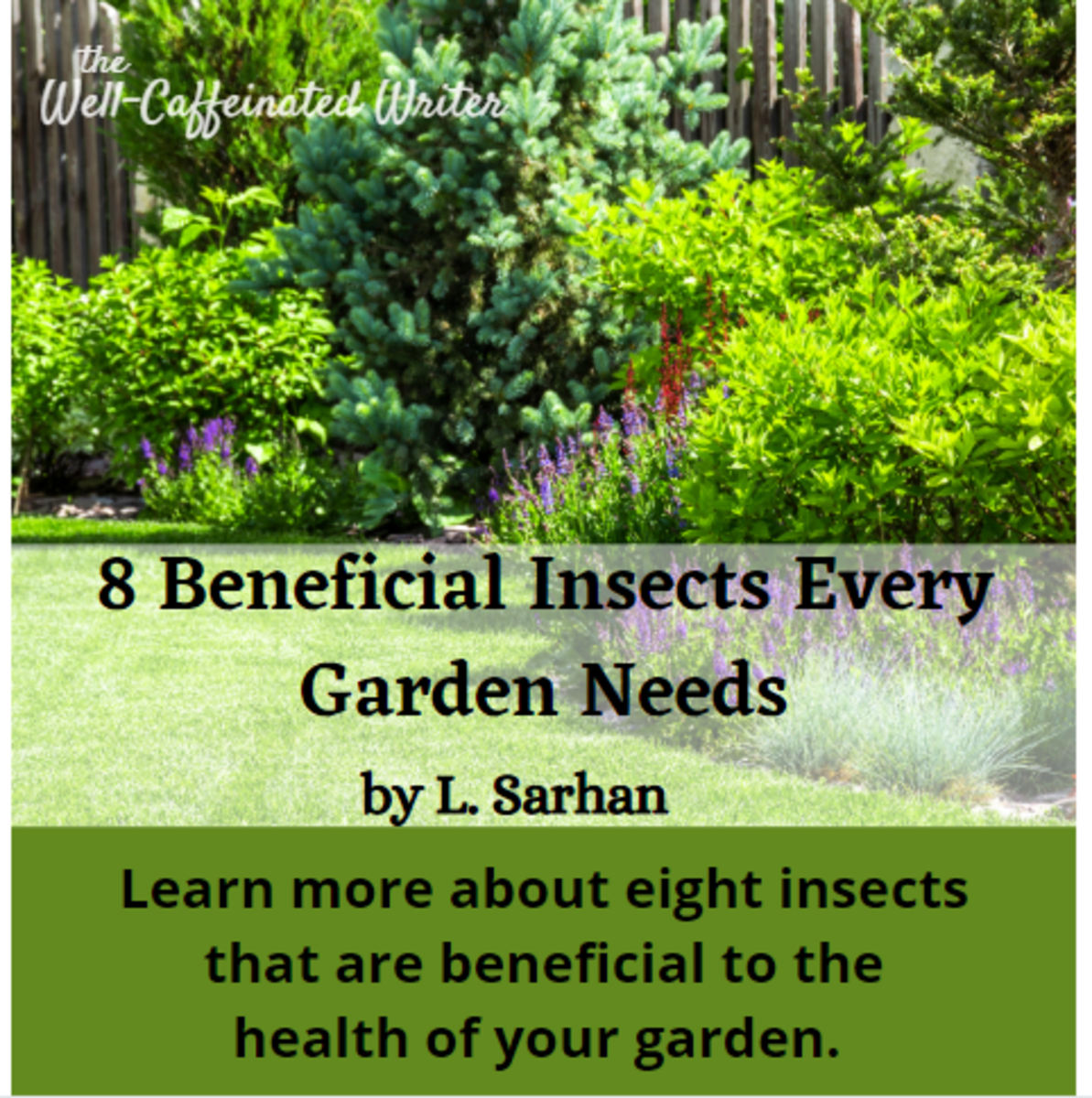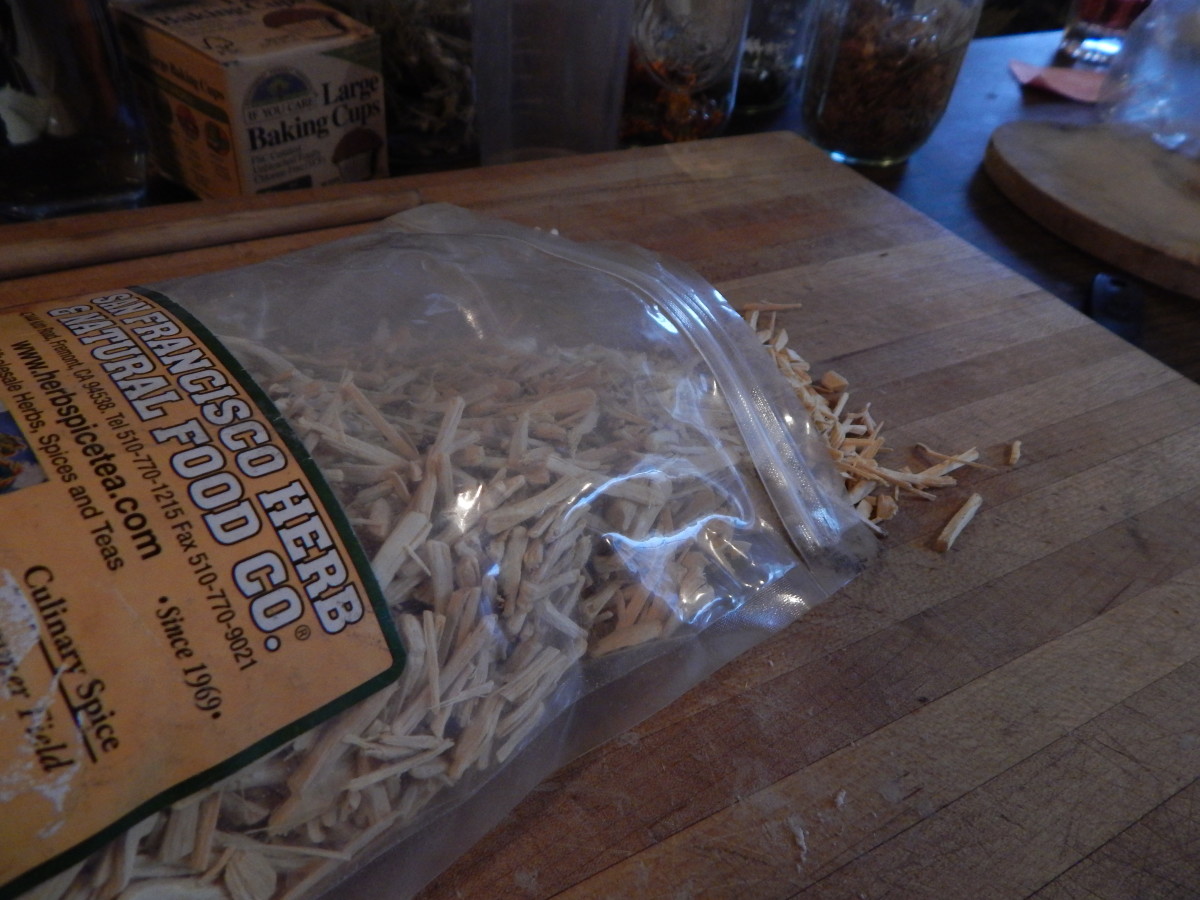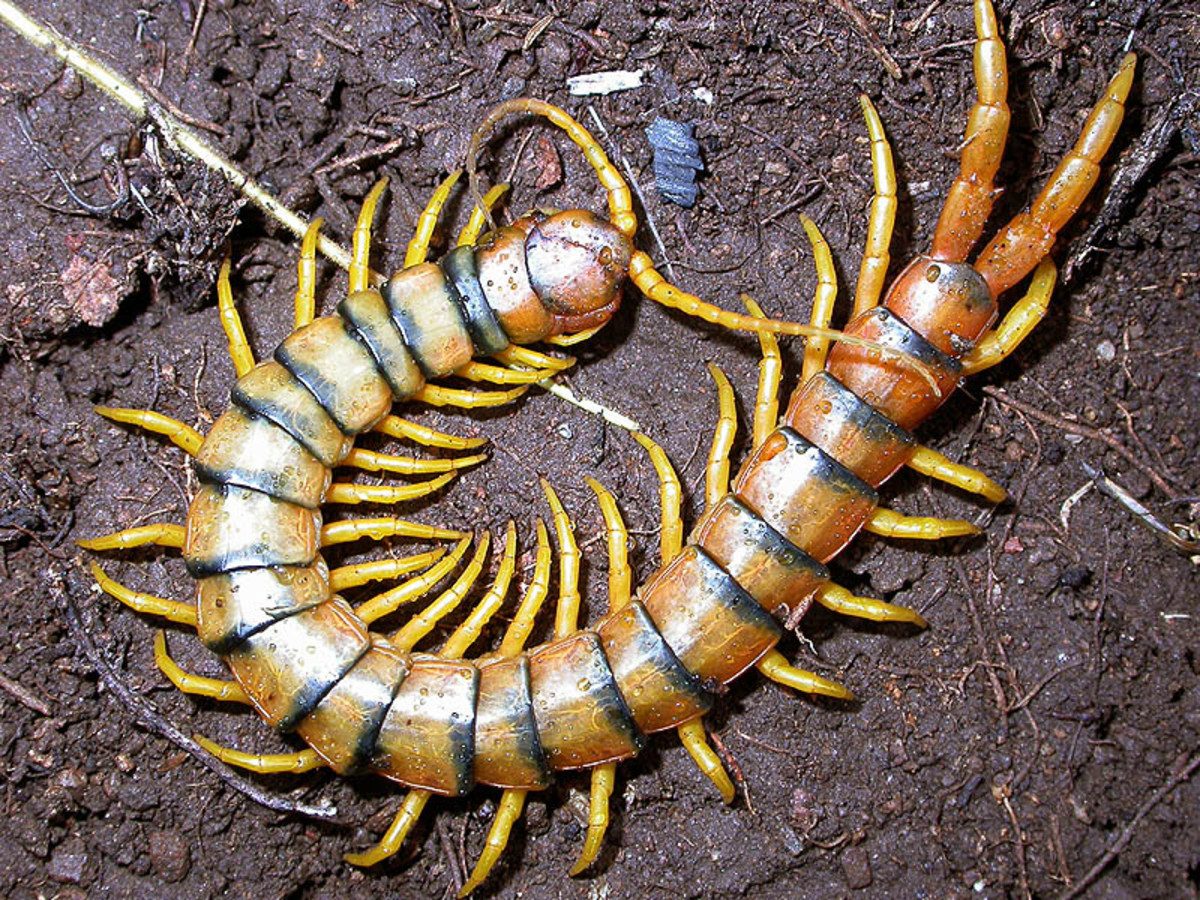Garden Pest Control the Organic Way
Natural Pest Control for Your Garden
If you've got your own garden, or container garden you might have started because you wanted to be sure you were eating organic fruits and vegetables. The great fresh taste is good too. Many people are trying to eat more healthy these days, and an organic diet is part of the process. Not only do you have chemicals to worry about you also have disease and genetically altered food to take into account. Some people think genetically altered foods are ok, some people want to avoid them.
A study National Institute of Environmental Health Sciences’ journal “Environmental Health Perspectives” found that children who ate organic were exposed to six to nine times less toxic pesticides than children fed a conventional diet. None of the children had levels higher than recommended by the EPA, but I'm sure most people would agree, when it comes to pesticide in your body, less is more.
When trying to keep pests out of your garden there are several steps you can take, some might be more effective than others, and some become more effective when combined with other methods. One of the best ways to keep your plants healthy is to use plants that are naturally disease resistant. Plants that are bred for your area will do better than plants that aren't. There are also plants that are bred to be naturally disease resistant. Soil and watering conditions can also help keep pests down. Another way to keep pests down is to use organic pesticides. Just remember, that because a pesticide is organic doesn't mean it is safe. Plants are organic, but some of them are poisonous.
Pest Resistant Wild Grapes
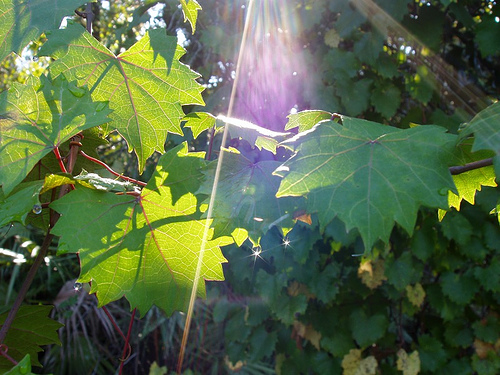
Pest Control With Hybrid Vegetables.
Hybrid vegetables are bred to be resistant to diseases and some pests. Sometimes the wild or native species of a fruit or vegetable is more resistant than a cultivated species. A good example in my area are grapes. I live in Florida which has problems with nematodes a microscopic eelworm that lives in the soil. Because of this you cannot grow "wine" grapes or Concord grapes, pretty much any type of bunching grape. You can however grow Muscadine grapes. They are different than most grapes because they don't grow in bunches, each grape grows singly. There is a subspecies, Scuppernong, whose grape grows in clusters more like a typical grape, but is still suited to the Florida climate. The Muscadine grape is similar to the wild grapes that grow here, wild species have nematode resistance. For the same reason roses are often grafted onto wild rose roots.
The list of pest and disease resistant fruits and vegetables is to long to go into here, but here are a few of the perennial favorites. For tomatoes, Better Boy and Best Boy. For peppers, Lady Bell, Ace, and Cubanelle (I've had really good luck with Cubanelle). For cucumbers Dasher II. My father grows a type of bean he calls rattlesnake bean they're a type of pinto bean and do really well in north Florida. For green beans try Atlantic.
Control Pests by Controlling the Environment.
- Make sure you keep weeds to a minimum. For better insect control remove anything that can serve as a habitat to bugs or fungus.
- Make sure you keep healthy soil, a healthy plant will be more resistant to disease than a sick one.
- When you discover sick plants be sure to get rid of them quickly.
- When you are watering, water in the morning so plants will be dry most of the day. Wet foliage increases the chances of mildew or fungus and insect damage.
Garden Pest Control With Ladybugs
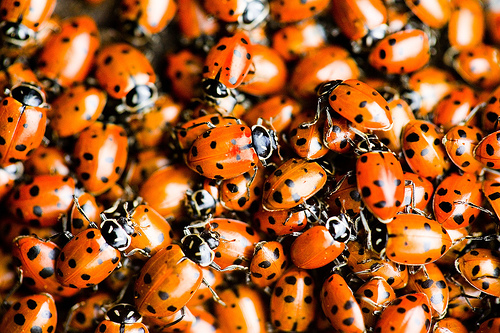
Safe Pest Control With Natural Predators
Another method you can use is natural predators. Natural predators don't work immediately like pesticides, but they can provide a long lasting natural defense against pests. For example, ladybugs will eat mites and aphids without causing any damage to your plants or the environment. Unfortunately ladybugs can sometimes be hard to come by, you can't just run down to the garden center and get some. You can look at feed stores though. There is a feed store in my area that advertises ladybugs. Ladybugs cost approximately a penny apiece. You can get a half pint (about 4500) for $40 dollars. They will treat up to 2500 square feet. Remember they aren't pesticide, and it won't work immediately. There are other natural predators you can use for your garden pest control You can buy preying mantis egg cases. A young mantis will eat soft bodied insects like worms and aphids, as an adult they will eat larger insects like crickets and beetles. Green Lacewings will eat aphids, mealybugs, spider mites, leafhopper nymphs, moth eggs, scales, thrips, and whiteflies.
There are also diseases that affect only one sort of insect. There is a product called NoLo that infects grasshoppers with a spore that eventually kills them. It will also keep reproducing. Just like a zombie movie, those grasshoppers that don't die will infect any new grasshoppers that migrate in.
Natural Pesticide Producer - The Tobacco Plant
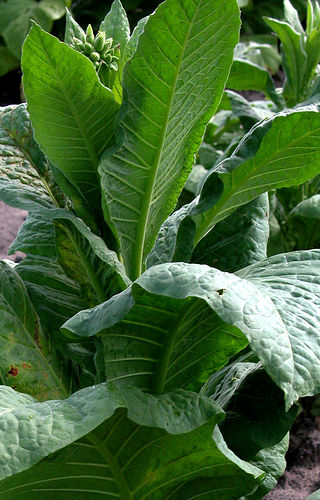
Organic Pesticides
Let me say right off the bat, organic pesticides might be safer, but not necessarily safe. They are organic because they are derived from the roots, seeds, stems, or flowers of various plants - but they are still poison. Rotenone, Sabadilla, Ryania and Pyrethrin are a few examples of organic pesticides.
Here's one for you smokers: Nicotine. It's one of the oldest natural pesticides around and provides good gardening pest control, in concentrated pesticide form it's also one of the most poisonous to mammals and it's absorbed through the skin. Wear gloves when using it keep it away from pets, and keep your pets out of the application area. It breaks down very quickly in sunlight so is approved as an organic pesticide.
Rotenone is derived from the roots of jicama vine. It was removed from the EPA's list as an approved organic pesticide because of concerns about it's safety. It is classified as moderately dangerous to humans but it's use is being phased out in the US and Canada.
Sabadilla derived from the Sabadilla Lilly is classified as the least toxic of the natural insecticides. It can be irritating to eyes and lungs. It breaks down quickly in the sunlight.
Pyrethrin is derived from a chrysanthemum plant, grown primarily in Kenya. It is non-toxic to most mammals but highly toxic to insects. I remember using it when I used to work in a pet store because it was the least toxic to birds. The EPA has approved it for more uses than any other insecticide. It provides good bug control but breaks down quickly.
Organic Gardening and More
- Growing Pineapples
Who doesn't like fresh juicy pineapple? Luckily, growing pineapples is not too difficult. In fact pineapple can be one of the easiest fruits to grow. Pineapples are part of the bromeliad family,... - Container Gardening Tomatoes
Container gardening tomatoes is an easy way to enjoy fresh, delicious tomatoes any time you want. You can just step out your door, you don't have to go to the store. You don't need a lot of space if you are... - Gardening Resources, Cornell University
A good list of disease resistant vegetable cultivars. - Some Pesticides Permitted in Organic Gardening
Pesticides that can be used in organic gardening by the University of Colorado

